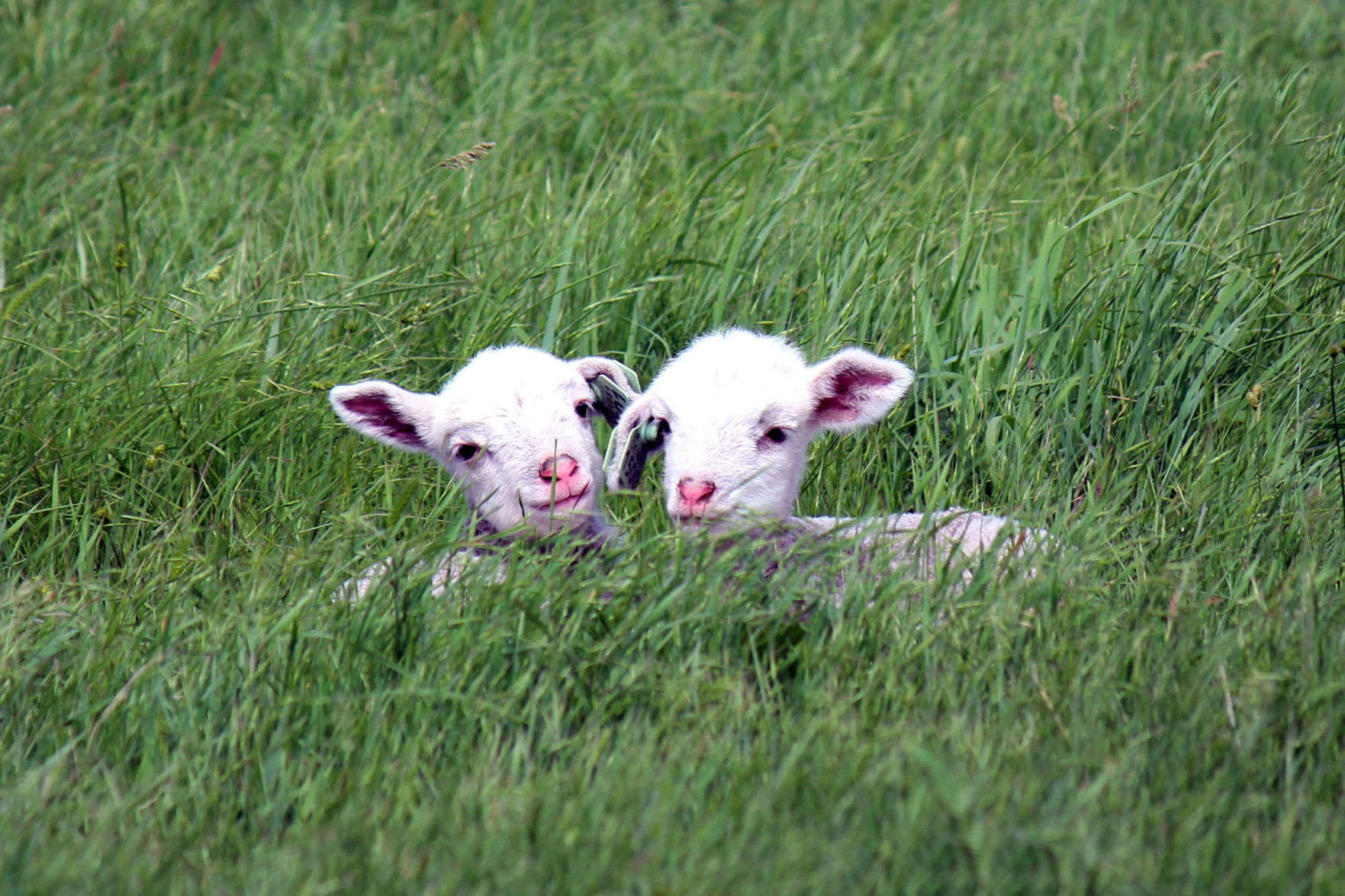Lamb industry sustainability survey needs your input

The American Lamb Board is seeking the help of United States lamb producers and feeders on their environmental stewardship and other sustainability practices to better inform consumers and direct checkoff programs. The survey is open now until Aug. 14 at bit.ly/USLambSurvey.
“It’s so important to have solid data that actually represents what our diverse American Lamb industry does, the progress we’ve made, and helps us continually improve productivity, animal care and sustainability,” said Peter Camino, ALB chair from Buffalo, Wyoming. “The U.S. lamb industry is often misrepresented, so we need solid, new data to correctly tell our story.”
“The 2023 American Lamb Sustainability Survey will help us communicate with retailers, chefs and consumers. We know people most likely to buy American Lamb care about these issues,” he said.
In addition, ALB will use the information to guide its industry education and research efforts so that checkoff funds are invested where they will make the most difference. Findings will be compared to those from a similar survey conducted in 2011.
The survey, which takes about 30 minutes to complete, will help identify areas of improvement and opportunities for further growth to help strengthen the U.S. Lamb industry. Upon completion, all producers and feeders who complete the survey will receive an American Lamb cap and be entered to win a paid trip to the 2024 American Sheep Industry Convention.
Strict privacy standards are in place. Responses will not be identified with specific individuals. Please note that there are a few required questions at the beginning of the survey which require specific data so responses can be properly categorized. It may be helpful to have this data on hand before you begin the survey. These questions are listed below, but as the survey is customized based on your production system, only some of these questions are applicable:
• Number of acres your flock grazes on in a typical year;
• Percentage of forage land you lease rather than own;
• Average age of ewes that lambed in 2022;
• Number of ewes culled in 2022;
• Number of replacement ewe lambs retained in 2022;
• Number of ewes in your 2022 flock;
• Number of lambs docked or marked in your 2022 flock;
• Number of lambs weaned in your 2022 flock; and
• Number of lambs marketed or finished in 2022.


